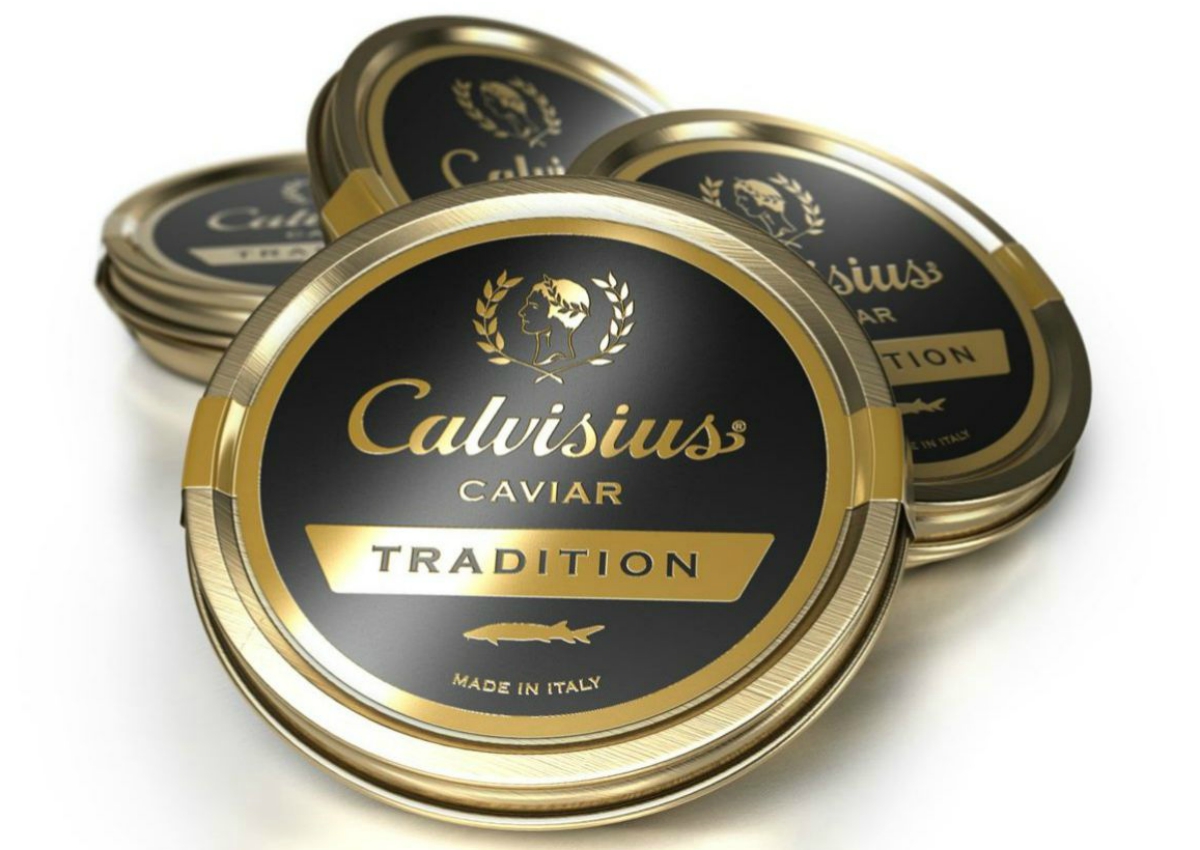
The activities and facilities of Fjord, an Italian failed fishing firm based in Busto Arsizio, will pass to the internationally known Agroittica lombarda. The latter owns the farmed caviar brand Calvisius, which is produced in Calvisano and exported to many international markets. With the creation of a small fishery products hub between Brescia and Varese ends a bankruptcy that a few months ago had overtaken a historic Italian company founded in 1969. Fjord’s bankruptcy had been declared by the Tribunal last June, after the attempt by the founder Francesco Pellin’s heirs to rescue the company with a blank preview agreement presented in 2016. In late May the court, which initially opened to this request, abolished the admission at the request of creditors and the prosecutor’s office of Busto Arsizio. So, the company finally failed. Agroittica then auctioned the Fjord production and logistics facility for 3.45 million euros (the auction base was 2.65 million) with the aim of relaunching the business.
Leadership in the smoked salmon sector
Apart from caviar, Agroittica Lombarda produces salmon and other fish products similar to those of Fjord. The company’s arrival in Busto Arsizio, explains a corporate statement, will serve to strengthen the company’s production on the domestic and International markets thanks to the synergies that can be created and the enhancement of its know-how. Agroittica – explains the company’s president Giovanni Pasini – wants to play a leading role in the area of smoked products, especially salmon, where it is already present with the trademarks Calvisius, Agroittica and Cavalier. That is a growing sector: consumption figures estimate that the Italian market is worth over 300 million euros. Fjord, which has gone from 32 million revenues in 2013 to 23 million in 2015, will use the commercial experience and the sales network of Agroittica, which can count on the production capacity of the Varese-based plant where 28 employees out of 62 would have to be re-absorbed. From now on, it will be interesting to understand how other companies in the fishery sector will react to this acquisition. If, for example, there will be other strengthening operations in a still fairly jagged sector, which is linked to the wide fluctuations in raw material prices, as was the case in 2016 when the price of salmon went through the roof.


